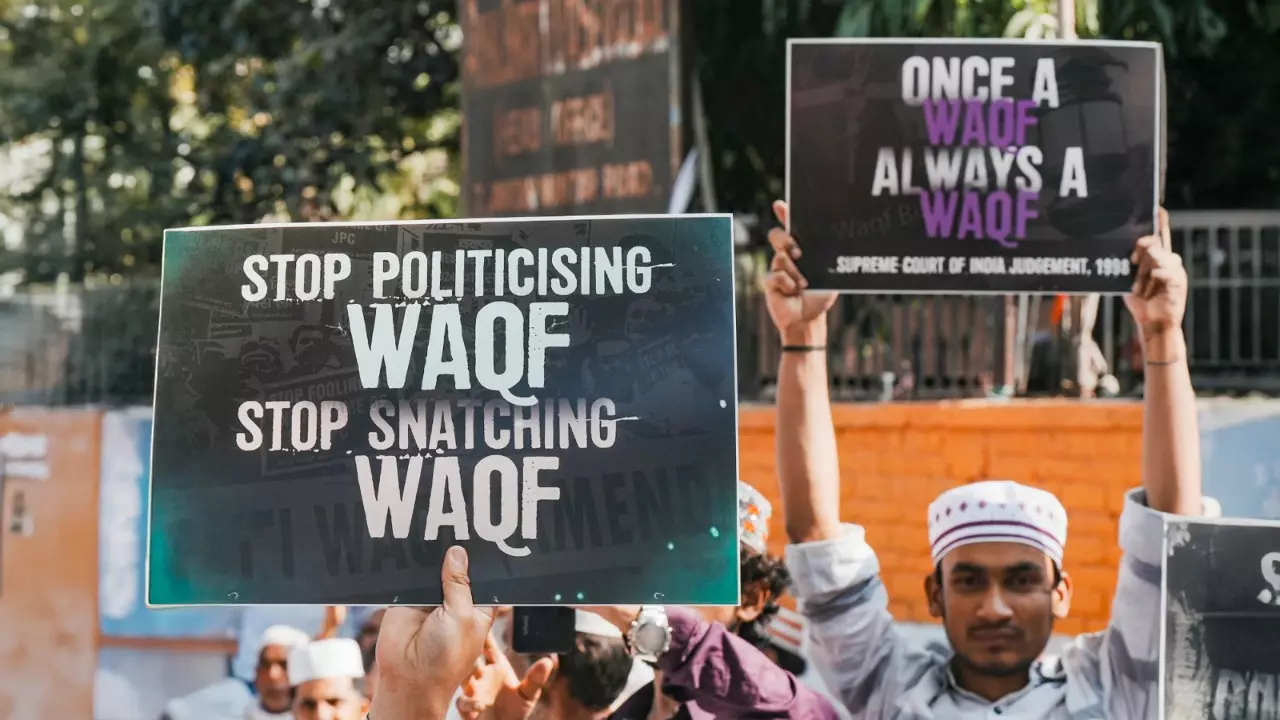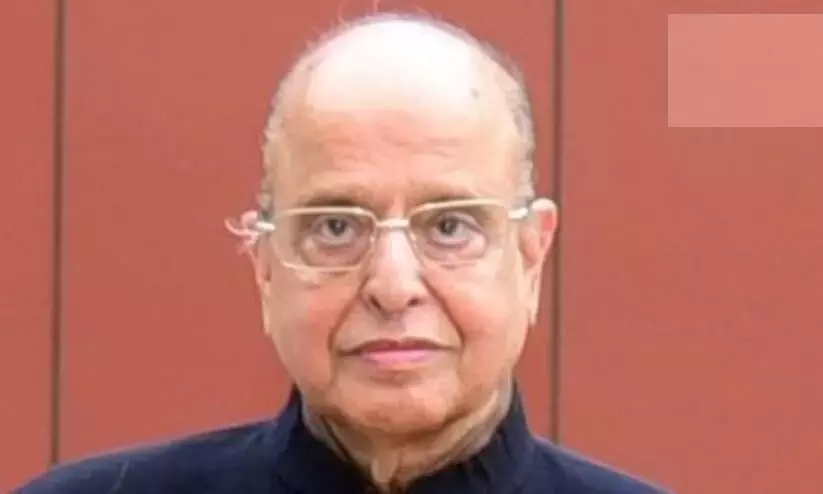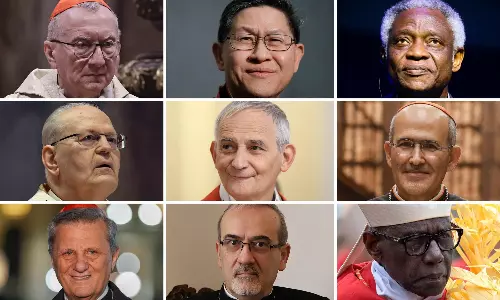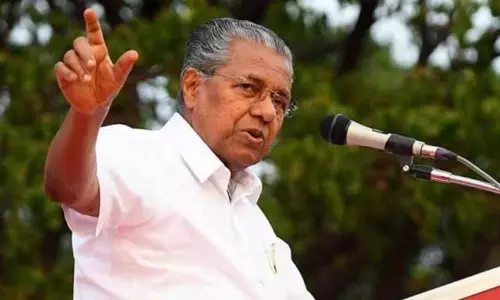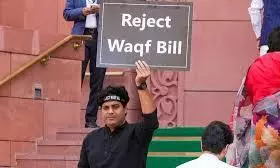
Contextual developments around the Waqf Bill
text_fieldsThe Waqf (Amendment) Bill, 2025, which was introduced in the Lok Sabha, is now in its final stages as we write this. Meanwhile, a major ruling on the Waqf issue was delivered by the Rajasthan High Court on February 20. It is not clear what the impact of this ruling will be if the new bill is passed. A single bench of Justice Birendra Kumar ruled that since a mosque is a waqf, the principle of ‘waqf by use’, which the new legislation aims to abolish, applies as per the Waqf Act 1995, and therefore such properties, even if not registered, should be considered as waqf. As a corollary, only the Waqf Tribunal, under the 1995 Act, can resolve disputes over such properties. The case arose after a trial court in Phalodi district of Rajasthan ruled in a dispute over the site of a mosque, that the land in question fell within the jurisdiction of the civil courts as it was not registered as a waqf The High Court ruling nullified that decision.
Also read: Cong's Gogoi rips into BJP govt’s ‘4D assault’ on minorities, Waqf Bill a ‘bulldozing’ of rights
One of the most controversial and consequential sections of the Waqf Amendment Bill is the membership constitution of the Waqf Tribunal. Currently, as per the existing Act, the three members are a sitting or retired District Judge as the head, a state officer not below the rank of Additional District Magistrate, and a person with expertise in Muslim law and jurisprudence. The new bill reduces the strength of the members to two. One of them is a District Judge or a former District Judge as a Chairman and second an officer of the rank of Joint Secretary in the State Government. It is not mandatory for either of them to be Muslims. The ruling party is making its campaign by hiding the fact that this is a system in which Muslims have at least some trust .
Also read: Waqf Bill: TDP issues whip to its MPs in Lok Sabha to support govt stand
The government has reportedly made some moves in the final stages of the bill's preparation. The background to this is largely political. If the NDA has to pass the bill with the magic number of 272 out of 543, the BJP with only 240 seats needs the support of its allies, of the 16 members of the Telugu Desam Party and the 12 members of the Janata Dal (United). As part of their fascination for power, both parties have pledged to support the bill. However, as two non-Hindutva parties that rely on Muslim votes too, they try to create the impression that they will protect Muslim interests. Therefore, it should be their moves that have resulted in the addition of slightly different sections from the original bill. Accordingly, the principle of 'waqf by use' cannot be taken away from properties retrospectively from those that have existed as waqf property so far, unless there is a dispute or if the property in question is a government property.
Also read: Centre's Waqf Bill 'looters amendment law': Owaisi
Many of the comments made by Minister of Parliamentary Affairs and Minority Affairs Kiren Rijiju before and during the bill's introduction were misleading and provocative. He alleged that the opposition party was fuelling fear among innocent Muslims in the name of Waqf bill. The Muslim community today does not need the Opposition's advice to understand the intent of a law that affects them. Muslim organisations and majority of the Muslim population, have expressed their opposition to most parts of the bill in unison since its inception. The community also sees the restrictions on the control of waqf properties, which are supposed to be owned by Muslims, as being against the Constitution, which grants Muslims the right to practise their religion. Rijiju's criticism of this is a childish technicality. His question is, given that the Waqf laws existed before independence, how can they be opposed to the constitution that came into being later? When the simple fact is that the intent is current constitution versus the current waqf bill, this demonstrates how cleverly the HIndutva advocates try to prevaricate matters.
Also read: Andhra CM’s iftar boycotted by Muslim organisations over Waqf Bill
The fact is that the provisions of the Waqf Bill are against the secular principles adopted by the state and the right to religious practice. However, the ruling dispensation is creating an atmosphere favorable to the bill and further angering other communities by presenting waqf as an unquestionable right to harm other religions and encroach on other property. The Catholic community leadership in Kerala is also said to be on the same page. They should have considered who they are standing shoulder to shoulder with in this, considering the recent experiences and the sangh parivar stances towards Christian institutions and activities. And only by putting these factors in perspective can one assess the undercurrents and implications of the waqf amendment bill. And coming to the brasstacks, if the bill is passed with the support of numerical strength, then the community leadership in question will have to wage a legal battle against it.
Also read: Tamil Nadu Assembly passes resolution seeking withdrawal of Waqf Bill





